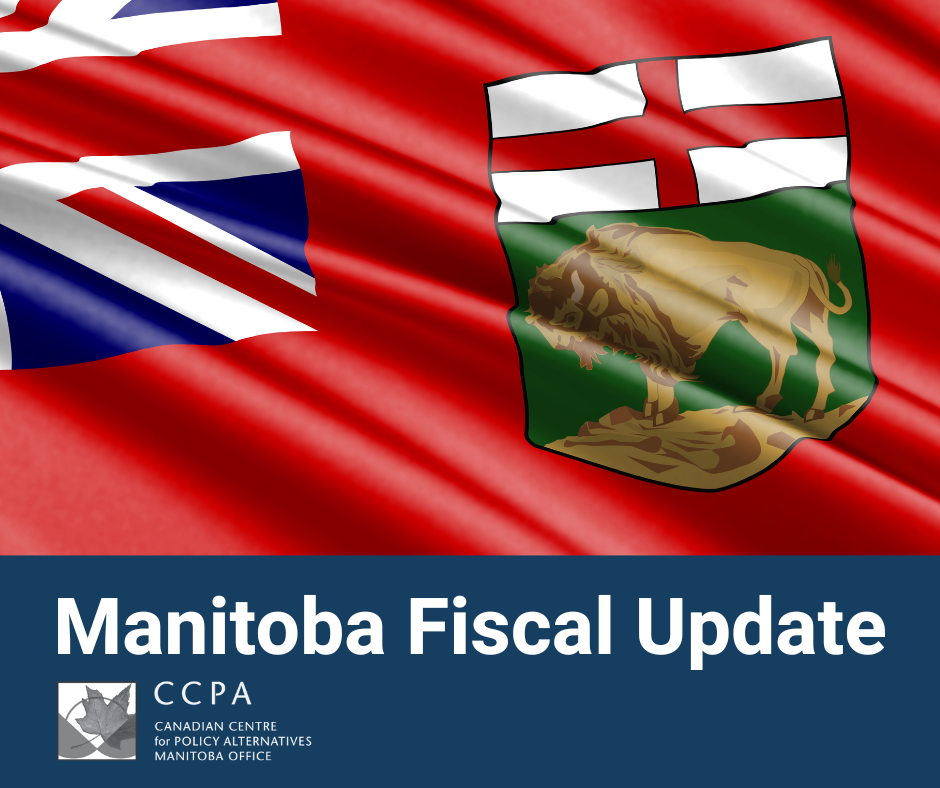(Vancouver) The Canadian Centre for Policy Alternatives (CCPA) and the University of British Columbia (UBC) are winners of a $1-million grant from the Social Sciences and Humanities Research Council (SSHRC) to study the social and economic impacts of climate change and develop innovative green policies.
The funding creates the Climate Justice Project, a joint UBC-CCPA initiative that will also develop community engagement methods – using participatory democratic principles – that create green policies that are effective and equitable.
“Climate policies such as carbon taxes shouldn’t unfairly create winners and losers,” says UBC Prof. Penny Gurstein, director of the School of Community and Regional Planning in UBC’s College for Interdisciplinary Studies and project co-director. “This project will use B.C. as a case study to explore these timely issues.”
The five-year grant will fund more than 20 researchers from UBC’s Vancouver and Okanagan campuses, Simon Fraser University and the University of Northern British Columbia, who have contributed $350,000 in additional funds to the initiative along with the Vancouver Foundation. More than 40 community organizations will participate in the project, including environmental organizations, trade unions, anti-poverty advocates, First Nations, business leaders and other research institutes.
“By bringing citizens together to wrestle with the hard choices and trade-offs required for a carbon-neutral society, we hope to develop fair climate policies that work for everyone,” says Marc Lee, CCPA senior economist and Climate Justice Project co-director.
The Climate Justice Project will conduct research in four main areas: impacts of carbon pricing and alternative options for reducing greenhouse gas emissions; green jobs and the transition to a sustainable economy; making B.C. communities more resilient to climate change, and developing innovative tools for education and citizen engagement in transformative change.
“We are very enthusiastic about the significant support for this project from both SSHRC and our partner institutions, which bring to the table a rare breadth of interdisciplinary expertise,” said John Hepburn, UBC Vice President Research. “We expect this exciting collaboration to produce meaningful results that are relevant to the lives of all British Columbians and, ultimately, all Canadians.”
To view previously released studies by researchers participating in the Climate Justice Project, visit www.policyalternatives.ca or contact Sarah Leavitt, Canadian Centre for Policy Alternatives. These include an analysis of the distribution of B.C.’s carbon tax, an assessment of greenhouse gas emission reductions required by 2050 and an “ecological footprint” by income study.
– 30 –
For media inquiries, contact: [email protected]

